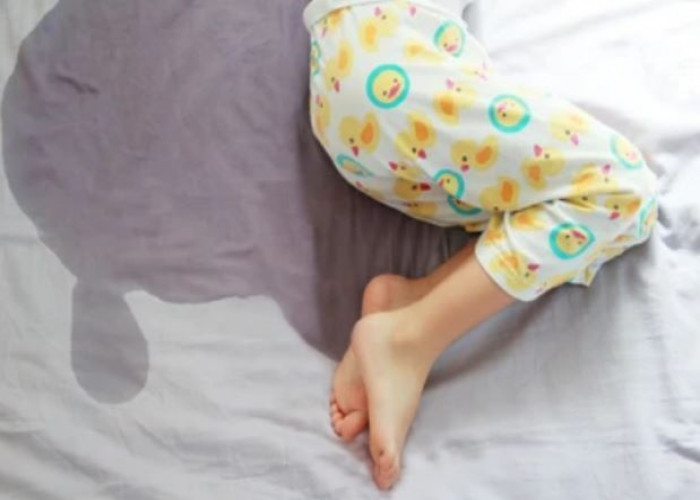 Welcome
Welcome
“May all be happy, may all be healed, may all be at peace and may no one ever suffer."
Bed-wetting
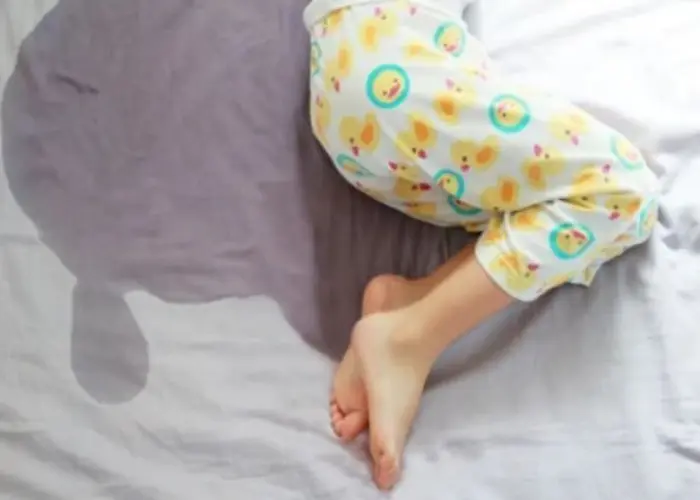
Bed-wetting, also known as nocturnal enuresis, is a common condition in which a person involuntarily urinates during sleep. It is most common in children, but can also occur in adults. The bed-wetting may be caused by a variety of factors, including genetics, a small bladder, constipation, or a urinary tract infection. Emotional stress or sleep disorders may also contribute to the condition. Treatment options may include bed-wetting alarms, bladder training exercises, medication, or addressing any underlying medical or emotional issues. It is important to consult with a healthcare professional if bed-wetting is causing significant distress or affecting a person's quality of life.
Research Papers
Disease Signs and Symptoms
- Frequent urination, possibly bed-wetting in a toilet-trained child
- Urine during sleep
Disease Causes
Bed-wetting
No one knows for sure what causes bed-wetting, but various factors may play a role:
- A small bladder. Your child's bladder may not be developed enough to hold urine produced during the night.
- Inability to recognize a full bladder. If the nerves that control the bladder are slow to mature, a full bladder may not wake your child — especially if your child is a deep sleeper.
- A hormone imbalance. During childhood, some kids don't produce enough anti-diuretic hormone (ADH) to slow nighttime urine production.
- Urinary tract infection. This infection can make it difficult for your child to control urination. Signs and symptoms may include bed-wetting, daytime accidents, frequent urination, red or pink urine, and pain during urination.
- Sleep apnea. Sometimes bed-wetting is a sign of obstructive sleep apnea, a condition in which the child's breathing is interrupted during sleep — often due to inflamed or enlarged tonsils or adenoids. Other signs and symptoms may include snoring and daytime drowsiness.
- Diabetes. For a child who's usually dry at night, bed-wetting may be the first sign of diabetes. Other signs and symptoms may include passing large amounts of urine at once, increased thirst, fatigue and weight loss in spite of a good appetite.
- Chronic constipation. The same muscles are used to control urine and stool elimination. When constipation is long term, these muscles can become dysfunctional and contribute to bed-wetting at night.
- A structural problem in the urinary tract or nervous system. Rarely, bed-wetting is related to a defect in the child's neurological system or urinary system.
Disease Prevents
Disease Treatments
Most children outgrow bed-wetting on their own. If treatment is needed, it can be based on a discussion of options with your doctor and identifying what will work best for your situation.
If your child isn't especially bothered or embarrassed by an occasional wet night, lifestyle changes — such as avoiding caffeine entirely and limiting fluid intake in the evening — may work well. However, if lifestyle changes aren't successful or if your grade schooler is terrified about wetting the bed, he or she may be helped by additional treatments.
If found, underlying causes of bed-wetting, such as constipation or sleep apnea, should be addressed before other treatment.
Options for treating bed-wetting may include moisture alarms and medication.
Moisture alarms
These small, battery-operated devices — available without a prescription at most pharmacies — connect to a moisture-sensitive pad on your child's pajamas or bedding. When the pad senses wetness, the alarm goes off.
Ideally, the moisture alarm sounds just as your child begins to urinate — in time to help your child wake, stop the urine stream and get to the toilet. If your child is a heavy sleeper, another person may need to listen for the alarm and wake the child.
If you try a moisture alarm, give it plenty of time. It often takes one to three months to see any type of response and up to 16 weeks to achieve dry nights. Moisture alarms are effective for many children, carry a low risk of relapse or side effects, and may provide a better long-term solution than medication does. These devices are not typically covered by insurance.
Medication
As a last resort, your child's doctor may prescribe medication for a short period of time to stop bed-wetting. Certain types of medication can:
- Slow nighttime urine production. The drug desmopressin (DDAVP) reduces urine production at night. But drinking too much liquid with the medication can cause problems, and desmopressin should be avoided if your child has symptoms such as a fever, diarrhea or nausea. Be sure to carefully follow instructions for using this drug.
- Desmopressin is given orally as a tablet and is only for children over 5 years old. According to the Food and Drug Administration, nasal spray formulations of desmopressin (Noctiva, others) are no longer recommended for treatment of bed-wetting due to the risk of serious side effects.
- Calm the bladder. If your child has a small bladder, an anticholinergic drug such as oxybutynin (Ditropan XL) may help reduce bladder contractions and increase bladder capacity, especially if daytime wetting also occurs. This drug is usually used along with other medications and is generally recommended when other treatments have failed.
Sometimes a combination of medications is most effective. There are no guarantees, however, and medication doesn't cure the problem. Bed-wetting typically resumes when medication is stopped, until it resolves on its own at an age that varies from child to child.
Disease Diagnoses
Disease Allopathic Generics
Disease Ayurvedic Generics
Disease Homeopathic Generics
Disease yoga
Bed-wetting and Learn More about Diseases
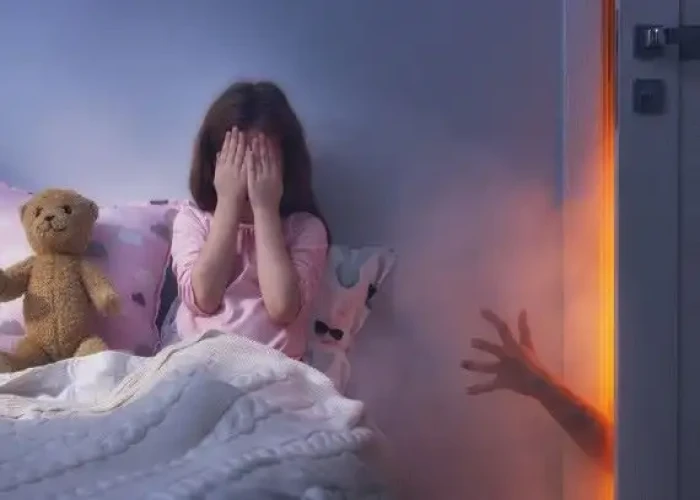
Sleep terrors (night terrors)
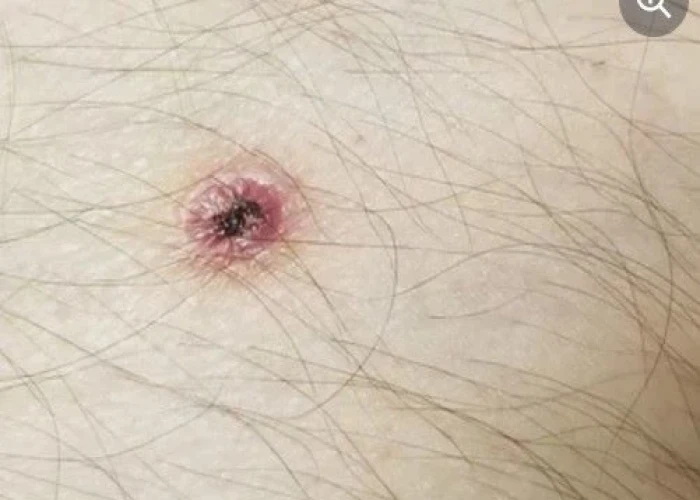
Pyoderma gangrenosum
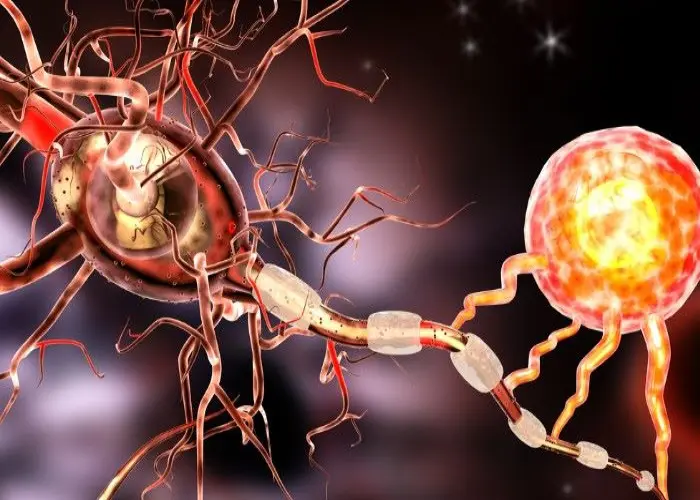
Peripheral nerve tumors

Addison's disease

Lipoma
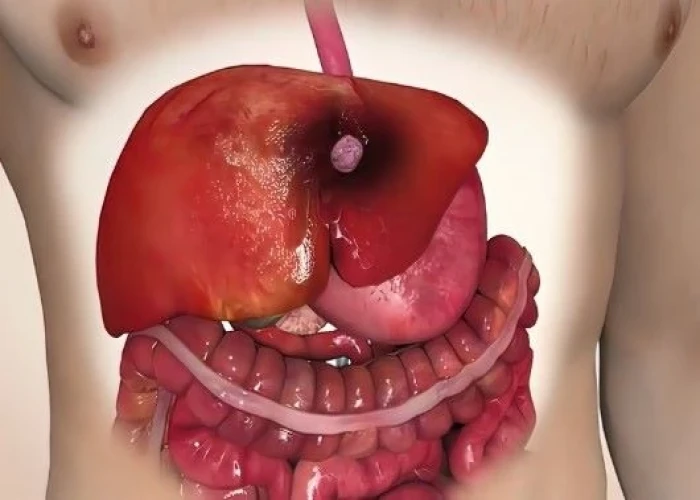
Liver cancer
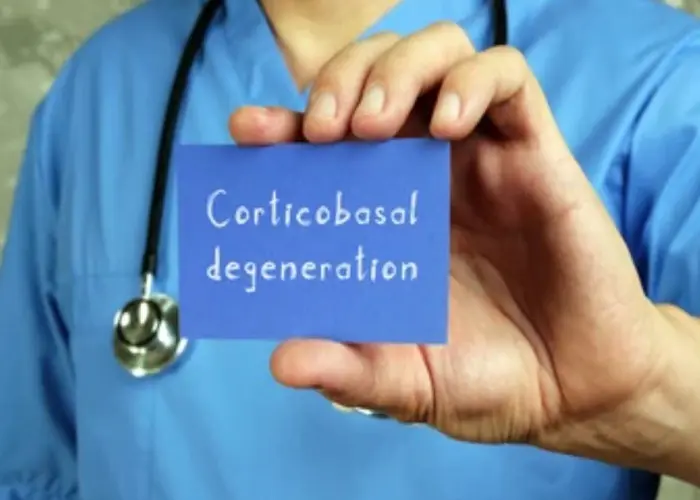
Corticobasal degeneration

Tension headache
Bed wetting, Enuresis, Nocturnal enuresis, বিছানা ভেজা
To be happy, beautiful, healthy, wealthy, hale and long-lived stay with DM3S.
